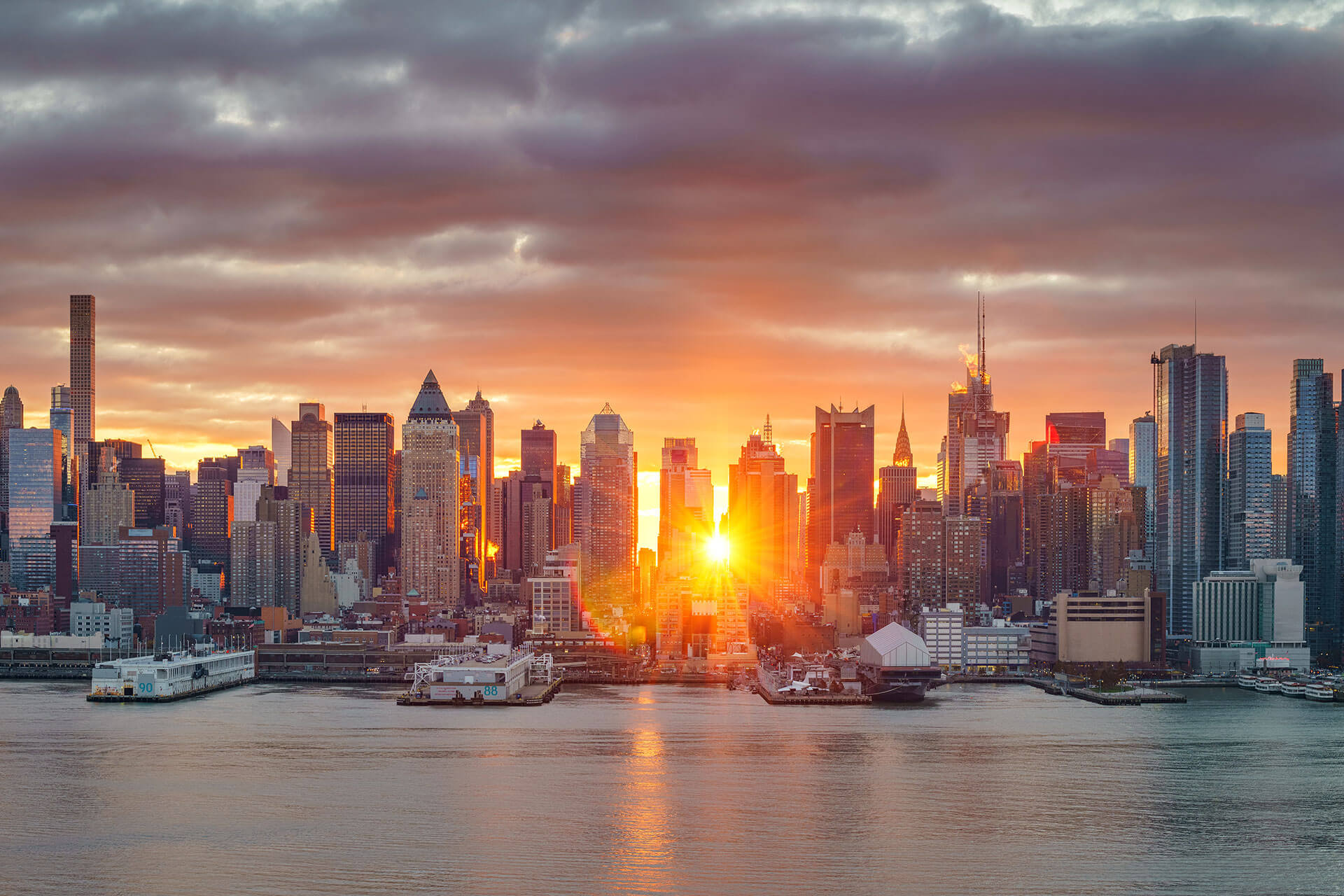While the first glimmers of light are appearing in the US market, the Canadian government has only just begun bail-out talks with its own aviation industry. Edward Robertson reports
Start spreading the news: United Airlines is returning to New York’s John F Kennedy International Airport following a five-year gap.
CEO Scott Kirby says the airline is launching the two round-trips each to Los Angeles International Airport and San Francisco International Airport on February 1.
He adds the decision is a “continuation of aggressively and strategically managing the impact of Covid-19 by increasing service to and from the places where customers want to fly to” with services operating out of JFK’s Terminal 7.
Kirby says: “I have been waiting a long time to say this – United Airlines is back at JFK. Come early next year, we will be serving all three major New York City area airports with a best-in-class product to provide our customers unmatched transcontinental service from New York City and the west coast.”
Nor is that the only way United is fighting back against the damage the pandemic has wrought on the US aviation industry.
In a separate scheme the airline is offering free tests for the virus for anyone over the age of two embarking on a transatlantic flight to London from mid-November to December 11.
The new routes should provide a much-needed boost to New York’s airports, including Newark International and LaGuardia, which together saw a year-on-year fall of 84 per cent in passenger numbers to about 6 million during the third quarter of 2020.
Meanwhile, American Airlines is teaming up with British Airways and oneworld to offer its own free transatlantic Covid-19 tests for customers boarding flights to London from JFK, Los Angeles and DFW International Airport from November.
The US’s biggest airline, with more than 850 aircraft, should also be buoyed by the FAA’s decision in mid-November to allow the Boeing 737 Max to return to the skies.
The airline, which has 24 of the aircraft that have been grounded following two deadly crashes in 2018 and 2019, will operate a daily test flight from LaGuardia to Miami International Airport for a week-long period over the new year.
Elsewhere, Delta Air Lines is reporting some green shoots of recovery having been hit hard by the Covid-19 pandemic.
CEO Ed Bastian says during the third quarter of 2020, the airline saw total adjusted revenue drop by 79 per cent to $2.6 billion following a 63 per cent drop in capacity year on year.
He adds: “While our September quarter results demonstrate the magnitude of the pandemic on our business, we have been encouraged as more customers travel and we are seeing a path of progressive improvement in our revenues, financial results and daily cash burn.
“The actions we are taking now to take care of our people, simplify our fleet, improve the customer experience, and strengthen our brand will allow Delta to accelerate into a post-Covid-19 recovery.”
Despite the poor results, Delta president Glen Hauenstein was positive, saying: “With a slow and steady build in demand, we are restoring flying to meet our customers’ needs, while staying nimble with our capacity in light of Covid-19.
“While it may be two years or more until we see a normalised revenue environment, by restoring customer confidence in travel and building customer loyalty now, we are creating the foundation for sustainable future revenue growth.”
He adds key measures to help drive the recovery include intense aircraft cleaning, mandatory mask wearing and the blocking-off of middle seats.
Hauenstein adds the airline’s order book for Airbus and CRJ aircraft is being restructured to reduce purchase commitments by more than $2 billion in 2020 and by more than $5 billion in 2022, while nearly 400 aircraft will be retired by 2025.
Meanwhile, the last of the US’s big four carriers, Southwest Airlines, was also buoyed by the resumption of 737 Max flights as the airline has 34 Max 8s in its fleet with nearly another 200 on order.
However, CEO Gary Kelly admits there will be much work to be done to regain consumer confidence, adding the airline’s executives are satisfied the correct changes have been made to make the aircraft safe.
He adds pilots will be required to undergo more training to ensure they are fully competent in handling the aircraft in all conditions.
Kelly adds: “We’ll approach returning the Max to service with the same commitment to training that we’ve employed for almost 50 years coupled with an uncompromising and unwavering commitment to safety. For us, it’s a passionate pursuit, and it’s among the most important work of our careers.”
It’s also the work that should help drive a resurgence in the US aviation industry, especially with at least one vaccine against Covid-19 set to be available on the market as early as the end of 2020.
Start spreading the news indeed.



